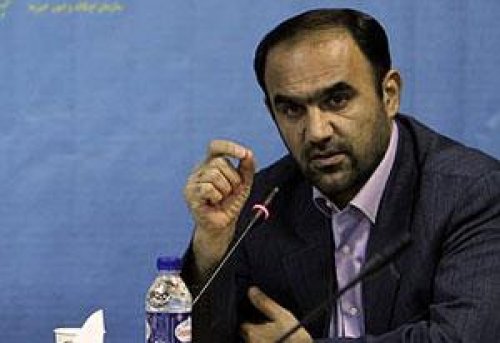Trump’s dreams for the Levant land

TEHRAN - The Friday U.S. missile attack on the Shayrat airfield in Syria can mark the beginning of a different political-security era in the burning Middle East.
The missile onslaught came as an apparent reversal from previous statements by U.S. officials who called the current Syrian government a “political reality” and saw the Syrian people the only decision maker of their country’s future.
Now with the Tomahawk missiles hitting the airbase in the Syrian territory, the question arises as to whether any major shift has happened in the way the Oval Office looks at the Middle East. Or, the attack decision was just a short-lived, temporary one to achieve short-term goals.
There are strong hints to believe that Washington’s approach to the Syrian crisis is altered now.
For a start, under President Donald Trump the U.S. has been seeking for some time to play a more prominent role in the beleaguered country in line with its own agenda. The suspected chemical weapons attack on rebel-held town of Khan Sheikhoun on Tuesday gave the U.S. the excuse to justify its direct intervention in the country.
Secondly, despite the ceasefire that laid the groundwork for the Astana talks and reignited hopes for a peaceful solution to the crisis, terrorist groups fighting in the battleground and enjoying the backing of certain Arab caliphates are trying to use diversionary attacks to level the playing ground in the Astana talks.
Thirdly, over the past weeks, the Syrian army has inflicted heavy losses on terrorist groups backed by the West, an indication that the Syrian army has the upper hand in battleground, what the U.S. in not happy with.
Fourthly, atop the agenda of the U.S.’s regional allies was to persuade Trump into oppressive actions in the region. The Khan Sheikhoun chemical weapons attack was the right moment for that to happen.
Fifthly, Trump’s snap decisions, driven by his intrinsic impulsiveness, and the radical military figures in his cabinet all indicate that an aggressive thinking is ruling Washington.
Sixthly, people familiar with the issue argue that rivalry between world powers in the Syrian territory and an increasingly tangible Russian presence in the country have upset U.S. allies in the region. The missile attack, the experts say, was partially aimed at soothing the concerns voiced by regional actors. So, the move should have come as the warning shot to the Kremlin.
On the downside, there are analysts who argue that the U.S., in launching the surprise attack, played into terrorists’ hands, leaving them with more leverage in the negotiation table.
Last but not least, what the U.S. is doing in Syria now is a replica of what it did in Libya where its Air Force pounded defense strongholds.
To come up with a conclusion, the attack can be conceived of as a confrontation with Russia and an insult to the Kremlin, behind which Trump’s future dreams for Moscow are camouflaged.
